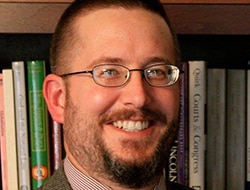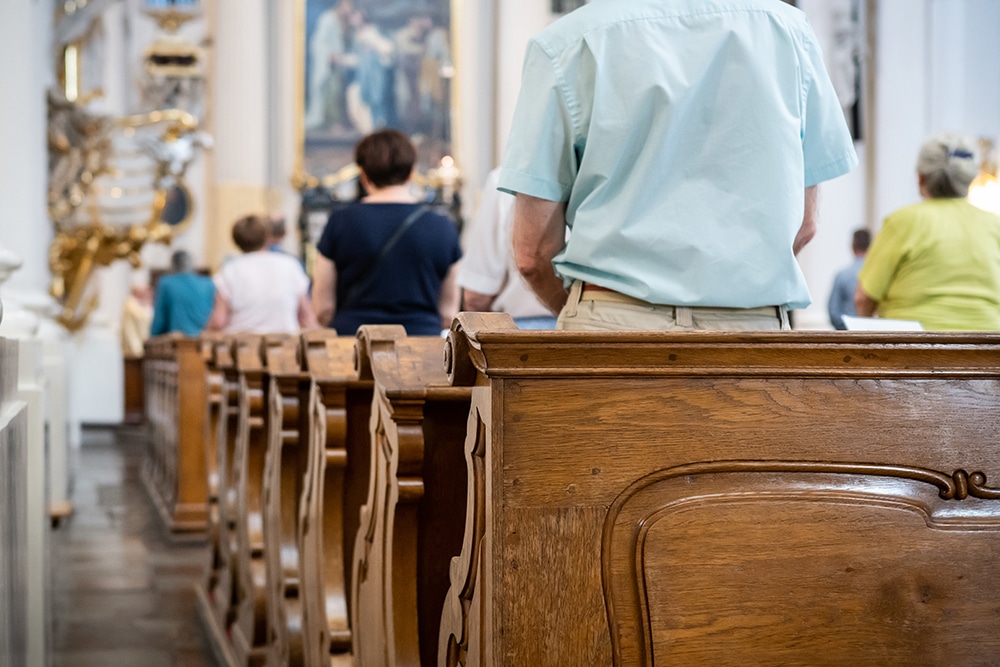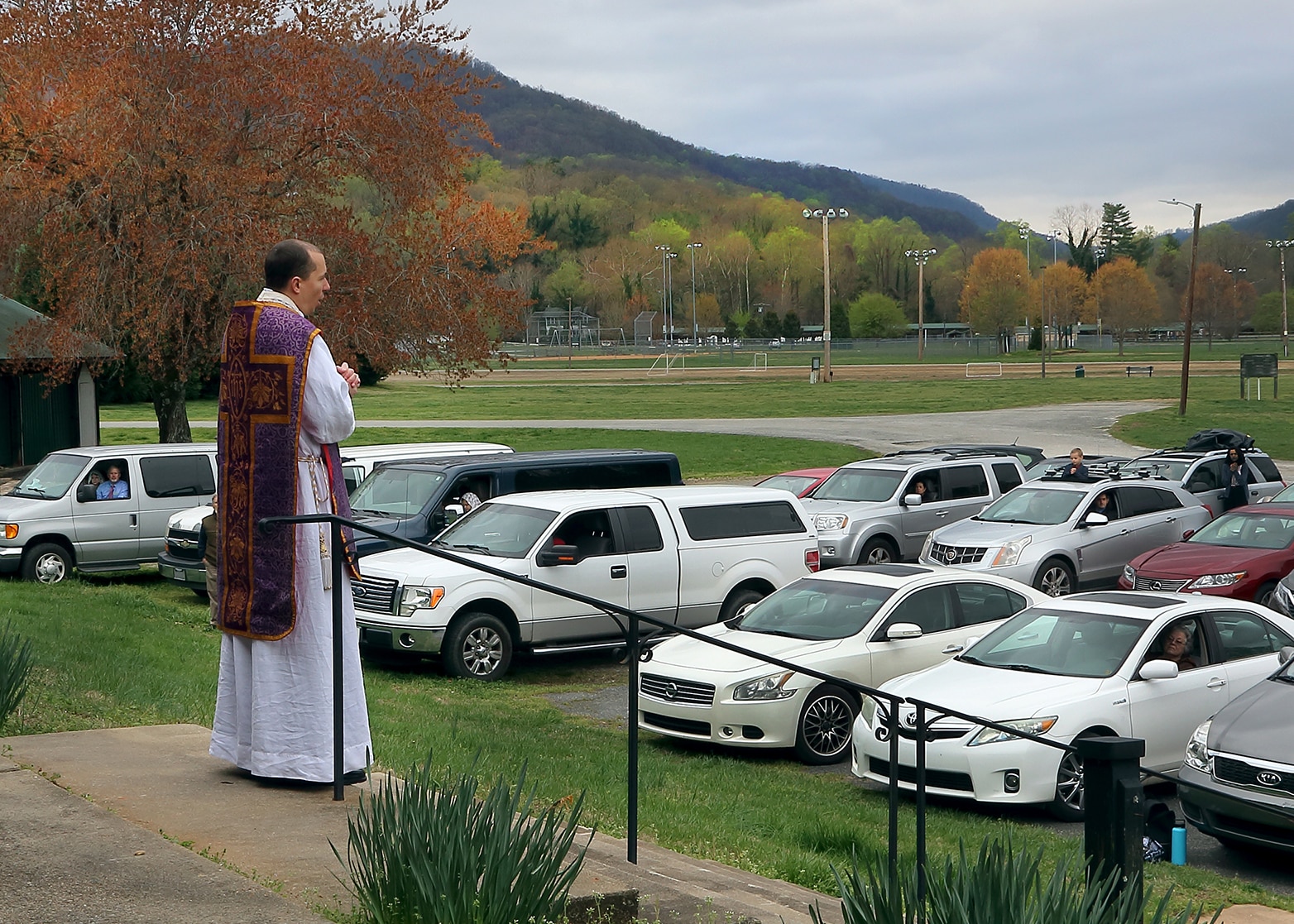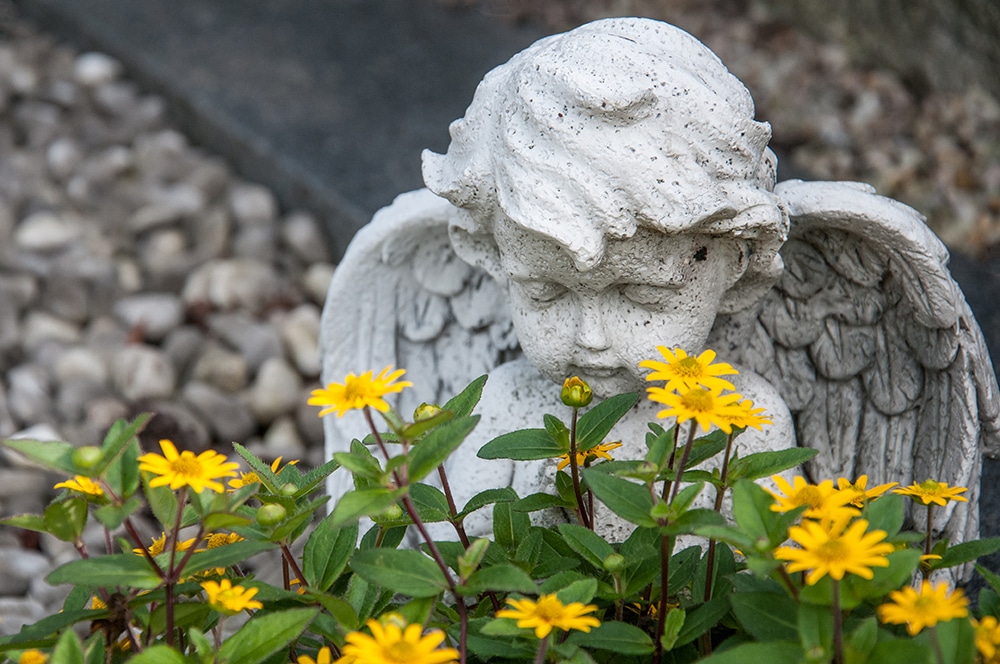 “From the Chapel” is a series of short, daily reflections on life and faith in a time of uncertainty. As people across the world cope with the effects of the coronavirus — including the social isolation necessary to combat its spread — these reflections remind us of the hope that lies at the heart of the Gospel.
“From the Chapel” is a series of short, daily reflections on life and faith in a time of uncertainty. As people across the world cope with the effects of the coronavirus — including the social isolation necessary to combat its spread — these reflections remind us of the hope that lies at the heart of the Gospel.
Conspiracies exist; this I know, for the Bible tells me so.
Tomorrow, the Wednesday of Holy Week, has traditionally been known as Spy Wednesday. Unlike Maundy Thursday or Good Friday, the adjective here requires no explanation. Judas was the spy, and it was on this day that he steeled himself to hand Jesus over to the chief priests and elders.
In the end, the conspiracy that Judas set in motion both succeeded in its aim — Jesus was tried, sentenced to death and crucified — and failed, not only because Christ rose from the grave on Easter Sunday but because Judas cracked under pressure. He went back to the chief priests and elders and told them that he had done wrong. They didn’t care, and in despair, he threw the 30 pieces of silver — the original “blood money” — into the Temple, and then he went off and hanged himself.
Conspiracies have a way of falling apart. Despite the ravings of conspiracy theorists, actual conspirators are, like the rest of us, only human, and they’re subject to all of the failures and foibles that we all fall prey to, as a result of Adam’s sin. The longer a conspiracy is supposed to have lasted, the more people it involves, the less likely it is to be real. Or, at least, to be what conspiracy theorists claim it to be.
Every Holy Week, it seems, new conspiracy theories arise. This year, it’s that bishops around the world (and especially here in the United States) have conspired (for reasons known only to the conspiracy theorists) to deprive faithful Catholics of the sacraments. It’s a spiritual battle, we’re told, but in a sick twist our supposed enemies in this spiritual battle aren’t demons but the shepherds whom the Church has ordained to lead us. At the very moment when we should be coming together, uniting behind our shepherds and immersing ourselves in the re-presentation of the mysteries of our salvation, good and faithful Catholics are being set against one another, with our mutual sadness at the loss of access to the sacraments in general and the Eucharist in particular becoming a source of division.
There’s a spiritual battle here, no doubt, and the demons who foment division are behind it. Satan launched his first attack on mankind by separating Eve from Adam, and getting Adam to blame Eve for his own weakness. Responding to those who claimed that he cast out demons by Beelzebul, Christ himself told us that a house divided against itself cannot stand. To conspire means, in its Latin root, to “breathe together” — a rather ominous phrase in this time of a global illness spread by the air we expel from our lungs.
God unites; the devil divides. In the Upper Room, on the evening of that first Easter Sunday, Christ appeared to his disciples, and he breathed on them, saying, “Receive the holy Spirit” (Jn 20:22). United in the Holy Spirit, they became one. From the earliest days, the proof to the world of the truth of Christianity was the love that Christians had for one another and the unity of the Church.
In this holiest of weeks, as we walk with Our Lord to Calvary while facing sacrifices we’ve never had to suffer before, let us lay the conspiracy theories to rest and, through our unity, testify to the world that we know that Christ has died, that he has risen, and that he will one day come again.
Scott P. Richert is publisher for OSV.




